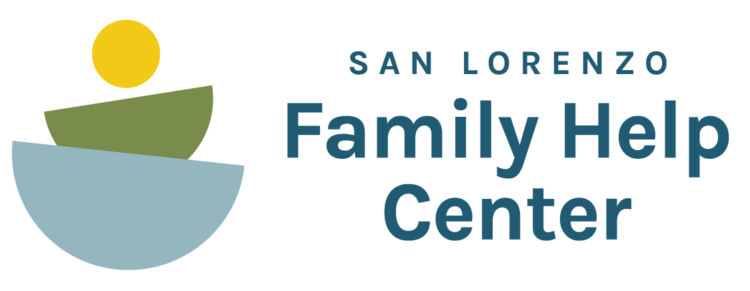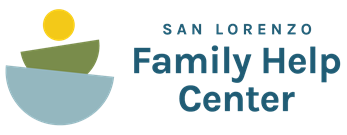Carmen Shontz from the KEAR Family Radio show Community Bridge, interviewed our own Janelle Morimoto, Executive Director of the San Lorenzo Family Help Center.
Take a listen and learn more about what we do and how you can support us and your community.
KEAR Family Radio Community Bridge with host Carmen Shontz.
00:00
Transcript of the radio interview between Executive Director Janelle Morimoto and Carmen Shontz, radio host
Janelle:
We’re seeing more seniors, which is concerning a lot of 80 -year -olds, 70 -year -olds, even 90 -year -olds coming to see us, young families, smaller families, and I think we’re really reaching out to every different graphic in every culture in the community now.
Carmen:
From Family Radio Community Bridge, I’m Carmen Shontz.
We wanted to make sure they were aware that we were there. That’s Janelle Morimoto, Executive Director of the San Lorenzo Family Help Center in Hayward, California.
Janelle:
We set it up like a store, so they actually get to come in and food’s on shelves and there’s a limit per shelf, but they can pick from many different items. So for example, you wanted to pick from what kind of noodles you want.
There’s different Asian noodles, there’s spaghetti noodles, different shapes. You could pick a bag or two from that shelf, go on to the next shelf. A lot of our items come from our food recovery, which is about 75% of how we’re supporting the community, and that’s why we set this up as a store instead of a bagged or a boxed item because there’s just so much variety.
Carmen:
Has the face of those facing food insecurity changed from a few years ago? I started as the Executive Director on March 7th, 2020. A week later, everyone stayed home. What I’ve seen in the last four years is that at the beginning of the pandemic, we saw large families, a lot of people moving back in with households of 13 and 14, a lot of younger families, business working families, or trying to work families, and now we’re seeing more seniors, which is concerning a lot of 80 -year -olds, 70 -year -olds, even 90 -year -olds coming to see us, young families, smaller families, and I think we’re really reaching out to every demographic in every culture in the community now.
Janelle:
We wanted to make sure they were aware that we were there. How can we help? We appreciate the food donations. We want people to be sensitive to the fact that when they donate food, it needs to be something that they would still want to eat.
Sometimes people pull things off the shelves and then they send them to us, but they’re not something we can give out again. The food drives do help. We do need financial support. The new building we’ve moved into, we now pay rent on, and we think going forward that this is a really good investment in the people of our community, but we do need the community to assist us locally.
When you give everything to the county food bank, that money does not come back to us to help with support. They help us with food, but they don’t give us anything financial for paying for the refrigerators to be plugged in and keep your food safe or the gas to pick it up.
So financial help does help a lot. Our community is really good at responding with giving us things like paper bags. and diapers and different things that we’ll put out into the community and tell them, hey, we could use these items and they’ll go out and donate them.
So just being positive and recognizing that we are doing the best we can. And when we know that something isn’t working right, we’ll try and change it. Can you share a story of how the food bank has made a difference?
There are those people who share stories and there are the other people who really are buttoned up tight and some people are just, we’ll let you know that, you know, about the person who they’ve lost their job.
They didn’t know where to go. And when they come in and they see the food, you know, the variety in that it’s, it’s tailored to care for them. That kindness, that support, there’s tears. It’s not what we’re looking for.
We’re just trying to be helpful, but those stories really sometimes give us the strength to continue being a warrior for the rest of the community. I have volunteers that were families that were receiving from us.
So many of the stories of homelessness, of being an immigrant, of being in prison, or so incarceration, I’ve heard these stories. The support that we provide them just, it’s almost like family to them.
Carmen:
So there is kind of that light at the end of the tunnel filling. Our guest today has been Janelle Morimoto with the San Lorenzo Family Help Center in Hayward, California. To learn more, visit their website at slzhelp .org.
Your local food banks and food pantries need your help. Give them a call or drop them an email and donate food, organize a food drive, or make a donation. We can all do our part to make a difference in our communities.

